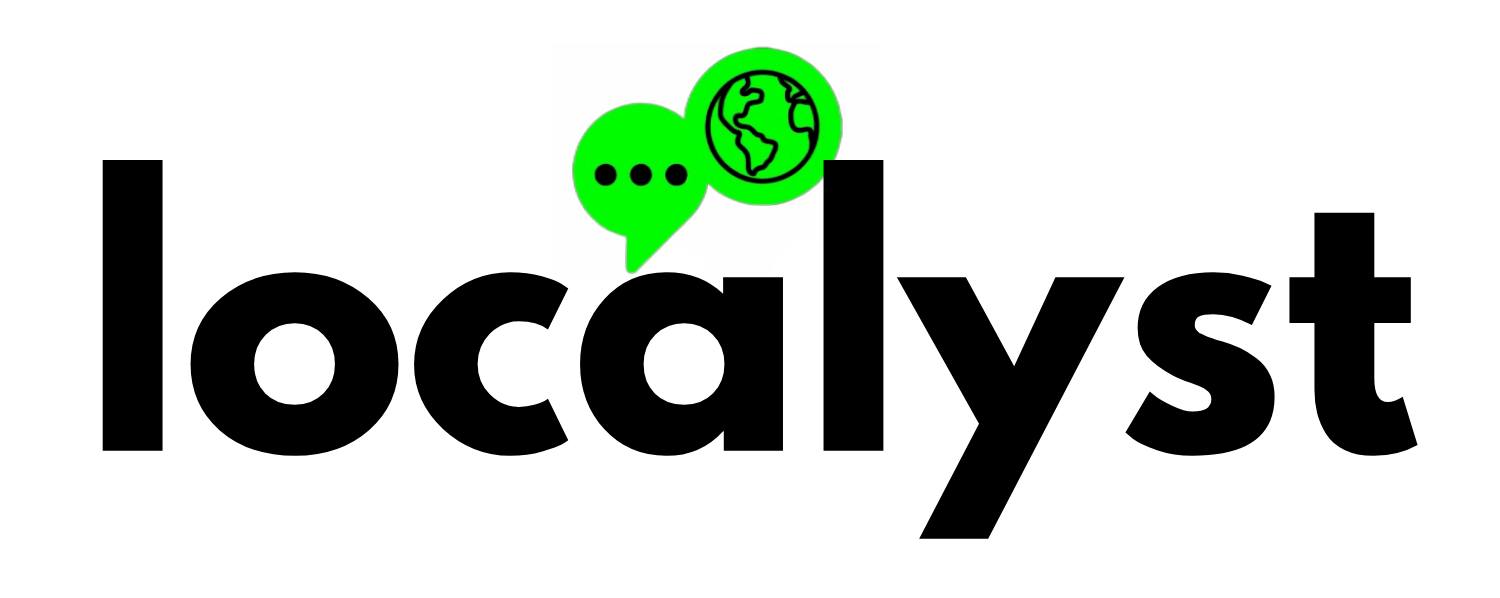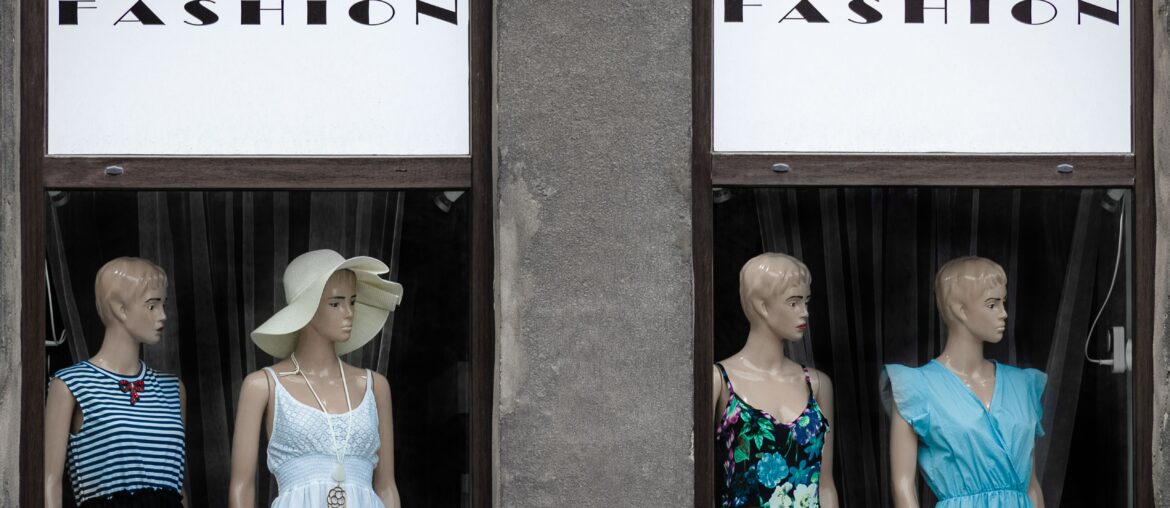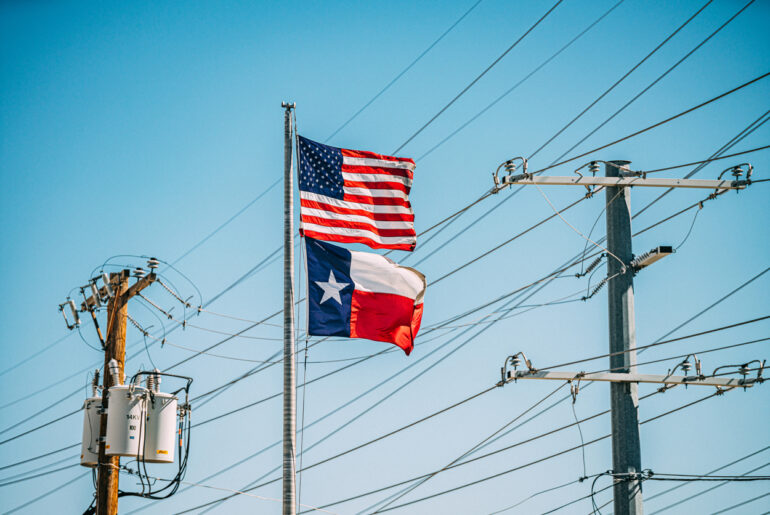New York, NY – The environmental consequences of the fashion industry have long been under scrutiny, with issues ranging from resource exhaustion to pollution. However, some companies have started to modify their practices, aiming to decrease waste and adopt more sustainable methods. Let’s take a look at three clothing companies that have been singled out for their negative impact on the environment and three that have made considerable strides toward sustainability.
Environmentally Damaging Companies
Fast Fashion Behemoth: H&M
As one of the largest fast-fashion retailers worldwide, H&M has faced extensive criticism for its role in environmental damage. The company’s rapid production rates, subpar materials, and brief product life spans result in a tremendous amount of waste. H&M has publicly committed to using only recycled and sustainably-sourced materials by 2030. However, many detractors argue that the company’s sustainability claims are “greenwashing” because they lack specificity, pointing out the need for greater transparency in reducing its environmental impact and carbon emissions throughout the supply chain. An investigation by Quartz revealed that H&M made misleading claims on their website that they clothes were better for the planet. The “environmental scorecards” were taken down after the investigation was published.
Budget Brand: Forever 21
Forever 21, another prominent fast-fashion retailer, has encountered similar critiques as H&M. The company’s emphasis on fashionable, disposable clothing leads to swift style turnover, promoting consumerism and waste. Furthermore, Forever 21’s utilization of low-cost, environmentally harmful materials worsens the ecological impact of its products. Forever 21 uses mostly synthetic materials in its products, which are neither biodegradable or recyclable after use.
A 2017 Los Angeles Times investigation revealed that a single Forever 21 employee can produce up to 700 shirts daily, leading to overwhelming amounts of textile waste and pollution annually. Additionally, Forever 21 has been accused of underpaying its factory workers. The U.S. Department of Labor discovered that employees were paid as little as $4 per hour, significantly below the state’s minimum wage, resulting in multiple lawsuits in Los Angeles and internationally.
While Forever 21 has made efforts to support environmental causes, such as its American Forest capsule collection, which donates $1 to “help conserve and restore healthy forests,” and claims to use 100% recyclable plastic and paper carrier bags, the fast-fashion retailer has not announced any plans to address its textile pollution issues and environmental impact.
Luxury Icon: Burberry
Even though the luxury fashion sector produces fewer items compared to fast-fashion retailers, it is not immune to environmental disapproval. In 2018, Burberry confessed to incinerating unsold merchandise worth millions of dollars to safeguard its brand reputation, causing considerable waste and pollution. The public outcry led the company to promise an end to this practice. However, the incident underscored the luxury fashion industry’s wasteful nature. The company says it plans to reduce CO2 emissions by 46% across its supply chain by 2030, according to Vogue France. Burberry will also invest in projects to remove carbon from the atmosphere through its Regeneration Fund.
Eco-Friendly Innovators
Environmental Pioneer: Patagonia
Patagonia, an outdoor apparel company, has consistently been at the vanguard of sustainability within the fashion industry. The California-based company switched to organic cotton in 1996 after results from in-house research showed the chemical footprint of regular cotton. In 2005, Patagonia committed to recovering and reusing polyester in their clothing. The company incorporates recycled materials into its products and encourages customers to mend, reuse, and recycle their garments. Patagonia also contributes to environmental causes and maintains transparency about its supply chain. Six months ago, the company made the decision to focus on its longstanding mission to protect the environment and make a profit, but not at any cost. CEO Ryan Gellert says he is determined to overcome supply chain challenges and work collaboratively with other businesses. The company still uses 13% of polyester from virgin petroleum, but it has partnered with Samsung to reduce microplastic pollution from synthetic fibers.
Ethical Champion: Eileen Fisher
Eileen Fisher, a women’s apparel brand, has made significant progress toward sustainability by concentrating on ethical manufacturing and eco-friendly materials. The company has adopted a “Vision 2020” plan, encompassing objectives like utilizing organic fibers, decreasing water consumption, and recycling textiles. Eileen Fisher also endorses fair labor practices throughout its supply chain, illustrating a comprehensive approach to sustainability in the fashion sector. The brand was previously perceived as a brand for older women but has seen a surge in sales among Gen Z consumers. TikTok and Instagram have played a role in the brand’s growing popularity and the trend of buying responsibly made clothing.
Circular Innovator: The Renewal Workshop
The Renewal Workshop is a distinctive company that collaborates with major brands, like sports apparel company New Balance, to minimize waste by repurposing and reselling otherwise unsalable products. By fixing and revamping clothing that would typically be discarded, The Renewal Workshop helps extend the garments’ life cycle, keeping them out of landfills and lessening the overall environmental impact. This inventive business model showcases the potential for a more circular fashion industry, where waste is reduced, and resources are used more efficiently. Supply chain management company Bleckmann, based in the Netherlands, acquired The Renewal Workshop last year. According to their press release, Bleckmann plans to help brands tap into the growing “recommerce” market globally.
While some clothing companies persist in harming the planet through wasteful practices, others are striving to improve the fashion industry. By supporting eco-friendly brands and becoming more aware of our consumption habits, we can aid in decreasing waste and cultivating a more environmentally responsible fashion industry.




